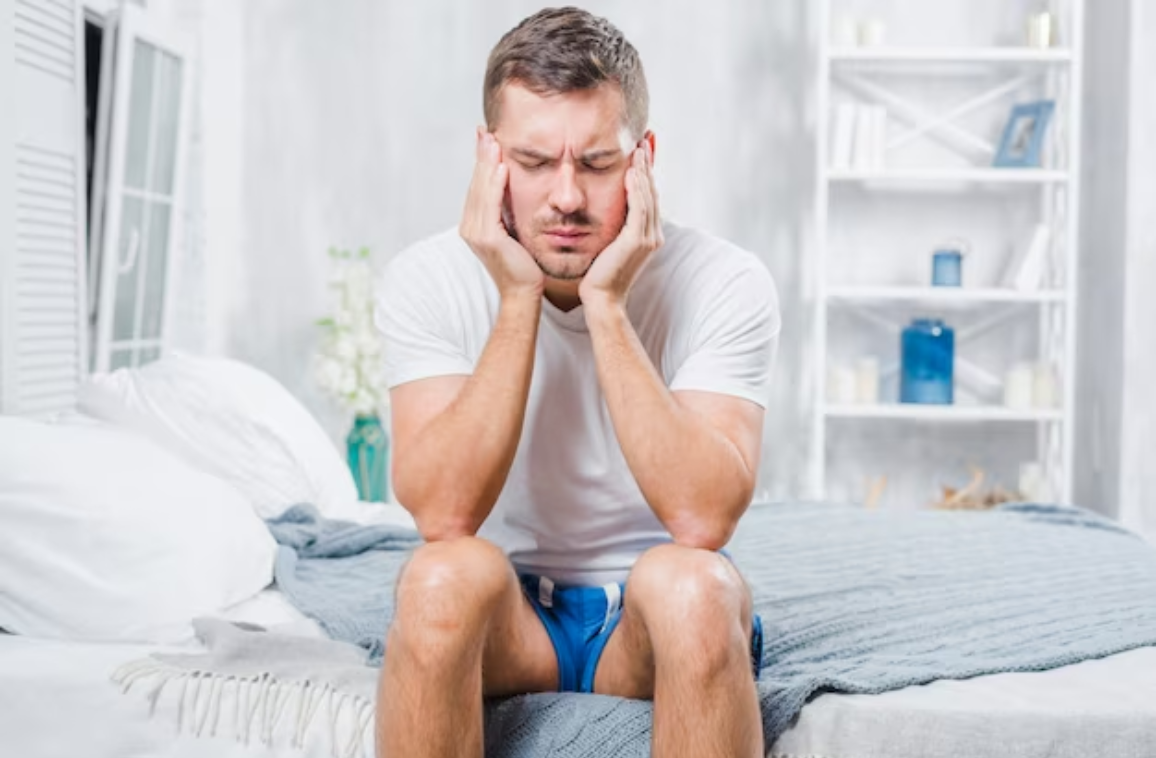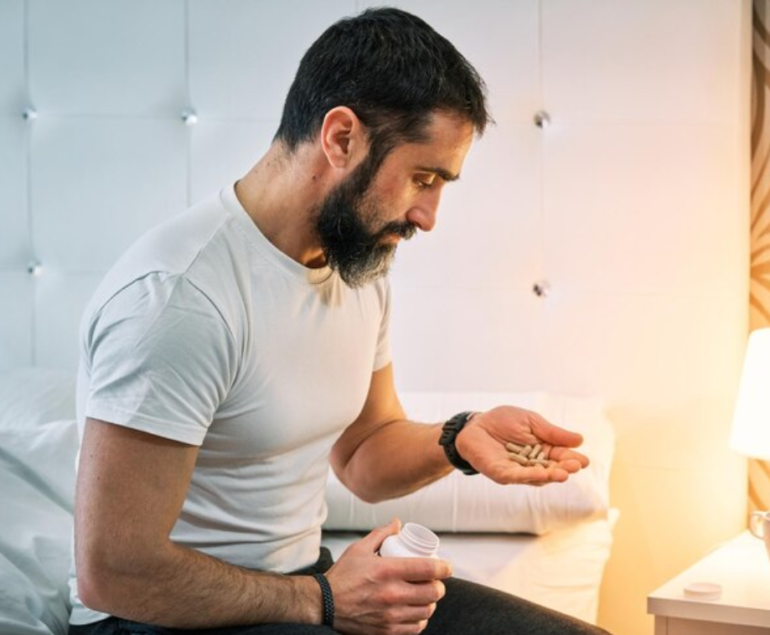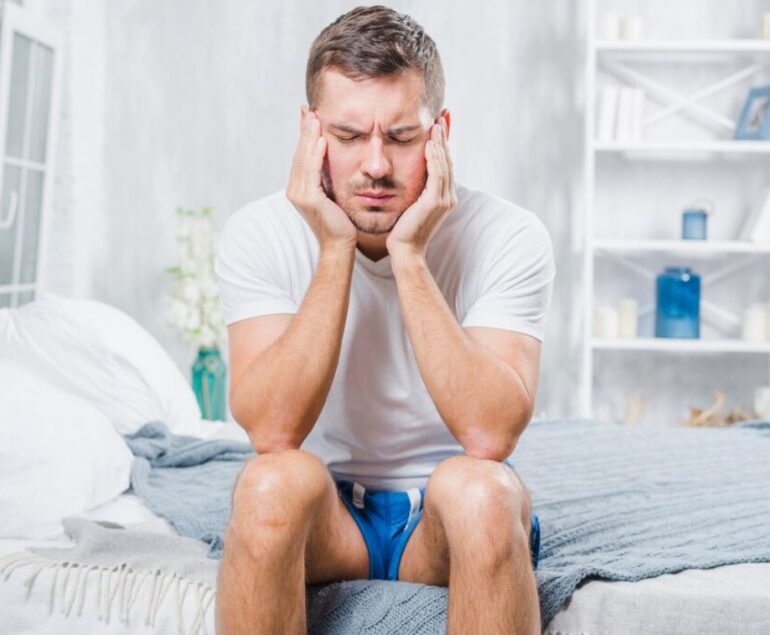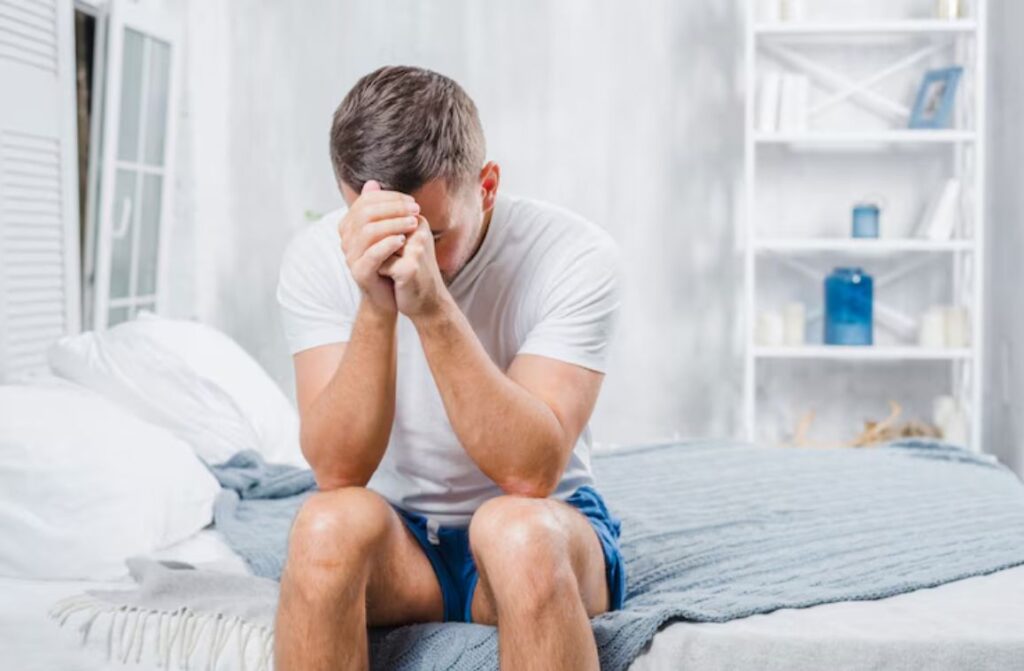Low testosterone is due to several reasons and can be rectified by lifestyle changes. Men are distressed by this health issue. Medical experts can help deal with the issue.
Testosterone has several important functions attached to it, from building muscle to getting and keeping erections to bone health and also red blood cell production. It is important to maintain normal levels of it.
There are several natural ways to give one’s testosterone a boost and also keep it from getting too low. Problems are low libido, fatigue, irritability, and erectile dysfunction.
Not everyone who has low testosterone experiences symptoms. The impact does vary depending on the individual, their age, size, and how physically fit they are.
Testosterone does vary, which is produced in the testicles and naturally declines as a person ages. Aging cannot be controlled. Other factors do contribute to low T. There are no doubt a few ways to naturally boost one’s testosterone, or at least help keep one’s levels from getting too low.
How Can You Boost Testosterone Naturally?
Maintaining a Healthy Weight
Low testosterone is rather associated with being overweight or obesity, as well as being underweight.
Hormones in fat cells can indeed inhibit testosterone production by increasing estrogen, which does affect the pituitary glands that do signal to the testicles how much testosterone to make. Maintaining a healthy weight will keep one’s T levels in their normal range, whatever normal means for oneself.
Eating a balanced diet
Eating an unhealthy diet with empty calories causes increased body fat. This will lead to a vicious cycle of lower testosterone: more fat, less exercise, and then more fat.
Eating a balanced diet with plenty of fruits, vegetables, whole grains, and lean protein will indeed keep a person healthy. Here no foods that will raise one’s levels. Omega-3 fatty acids, found in fatty fish such as salmon, help with testosterone synthesis. Certain nutrients in eggs, garlic, broccoli, and Brussels sprouts can have a positive influence on testosterone.
Limiting high-sugar and high-fat foods is good. These foods have been linked to lower T levels.
Plenty of sleep
Everyone requires at least seven hours of sleep a night, but they do not usually get it. This affects several aspects of one’s health, including testosterone production.
T levels increase while a person sleeps, peaking around 3 a.m. to 8 a.m., and are tied to one’s circadian rhythms. When you stay up too late or do not stick to a sleep schedule, it disrupts the circadian rhythms and testosterone production.

Increase resistance training
Regular exercise is beneficial for one’s health, and certain workouts can temporarily raise testosterone. Exercise is also an essential component of weight management, which can thus keep T balanced.
Strength exercises can indeed increase testosterone levels. But the boost usually only lasts for about an hour before T levels return to normal. Lifting heavier weights and performing lots of sets can impact on T levels.
Cut Back on Drinking (and Other Substance Use)
Usually, avoiding smoking, taking drugs, and drinking alcohol will improve one’s testosterone. Smokers tend to have rather lower testosterone levels. Heavy alcohol consumption has the tendency to reduce T levels in the blood. It can indeed impair testicular function and interfere with hormone production.
Overuse of other substances, such as opioids, cannabis, and amphetamines, does interfere with testosterone production and testicular function.
Can supplements boost testosterone?
There are several supplements that can boost testosterone, but most lack scientific evidence that they actually work.
There is some evidence that zinc and vitamin D3 can help raise T levels minimally. There is also some research on the herb Tongkat Ali and its potential to boost testosterone.
Anabolic steroids, which are synthetic testosterone, are at times misused to enhance muscle-building or athletic performance. They increase testosterone but have side effects such as male breast growth, heart problems, high blood pressure, and testicle shrinking.
Conclusion
Low testosterone needs medical attention.









